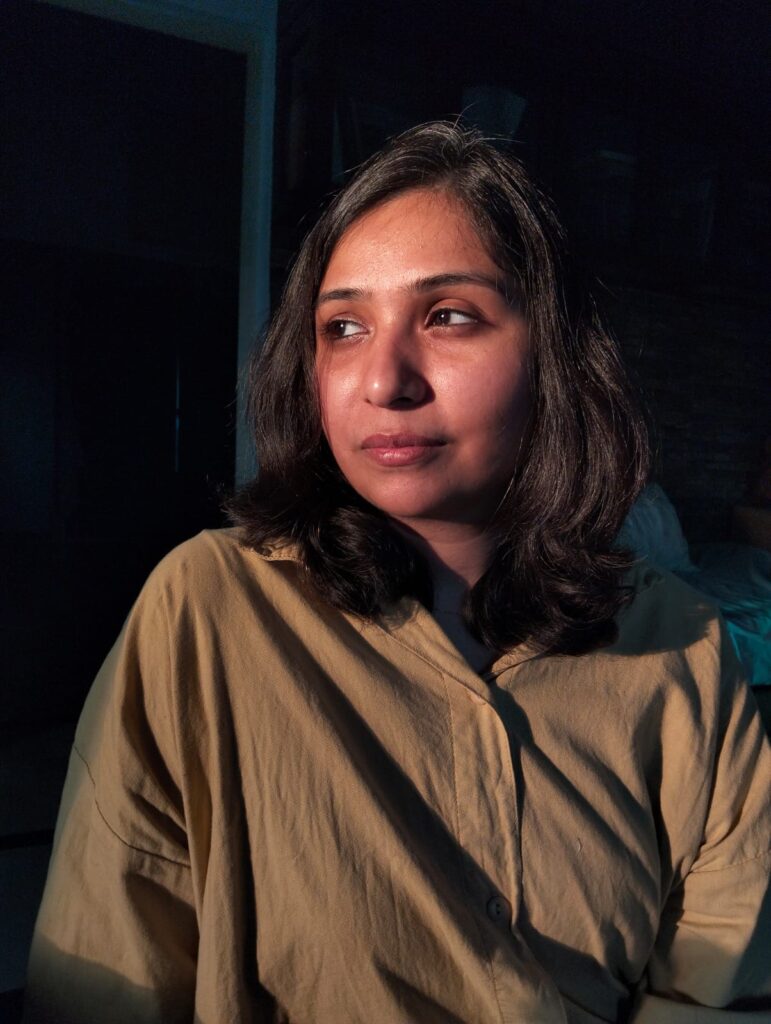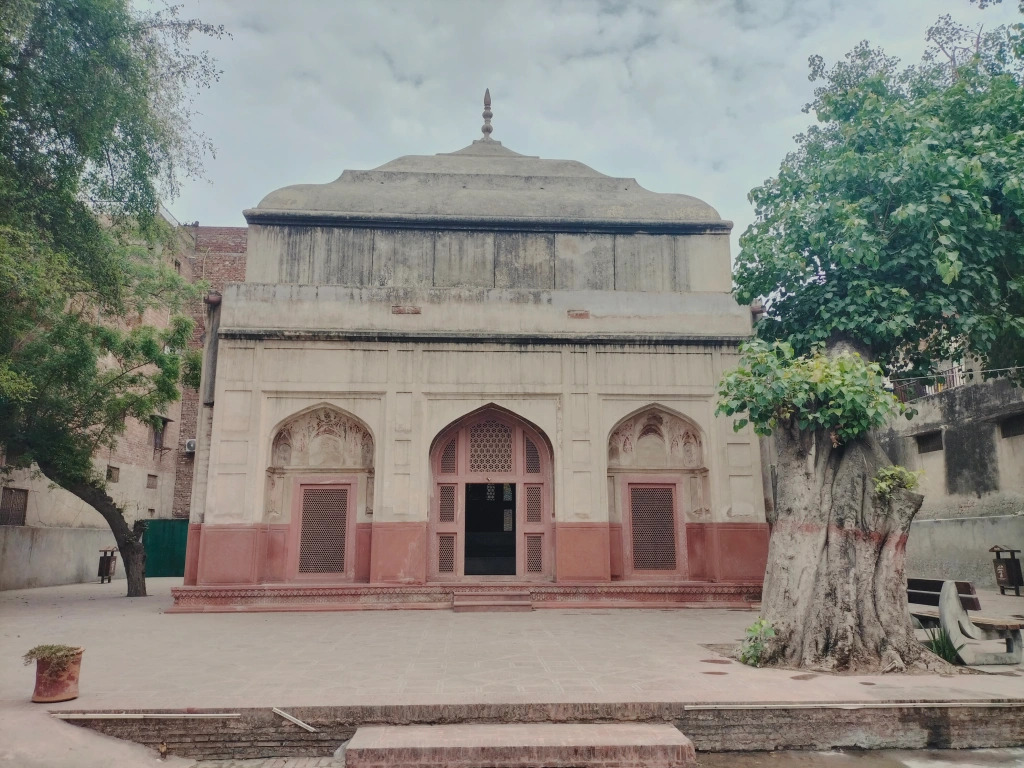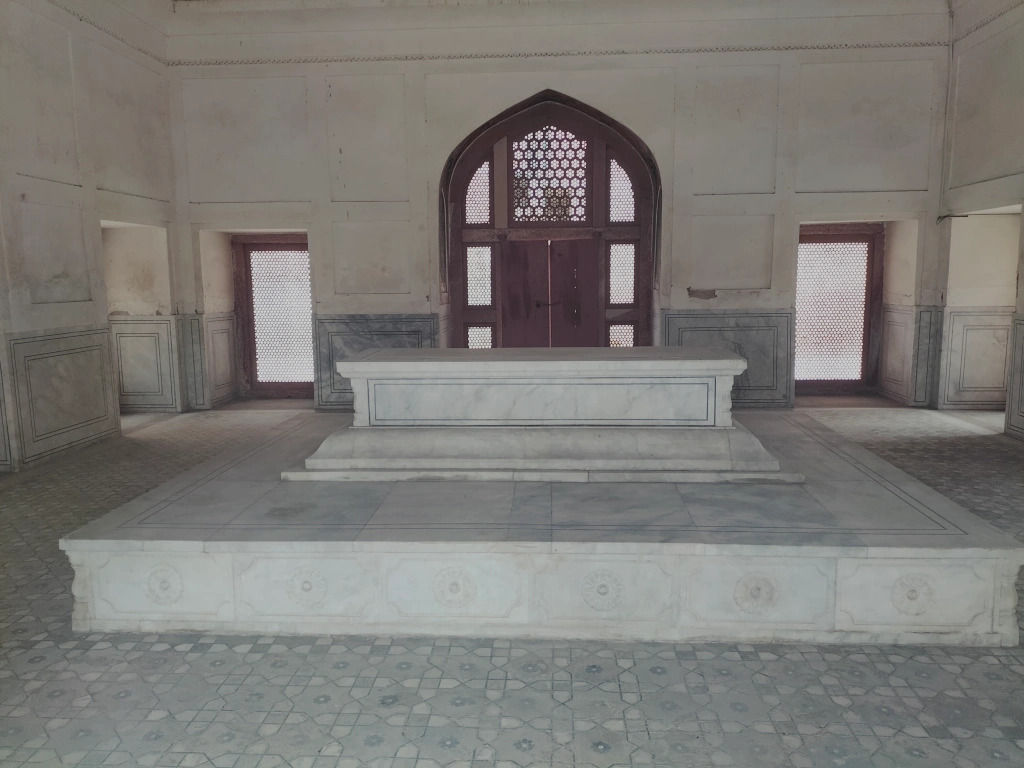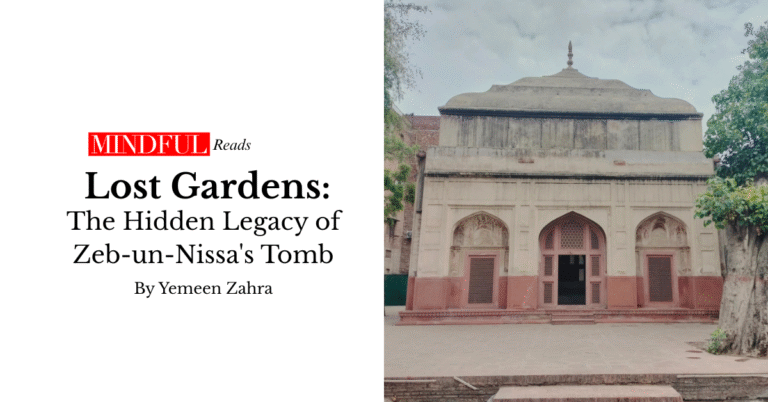By Yemeen Zahra

Just off Multan Road near Samanabad Mor, tucked behind a grove of trees and the constant hum of daily life, lies a modest tomb few Lahoris notice. Some believe it’s the final resting place of Princess Zeb-un-Nissa, daughter of Emperor Aurangzeb — a poet, scholar, and Sufi thinker.
Whether this tomb belongs to her or her lady-in-waiting, Mian Bai, the true significance of the site lies in what it represents: a piece of Lahore’s fading cultural soul.
Zeb-un-Nissa was no ordinary Mughal royal. By the age of seven, she had memorized the Quran. She studied philosophy, mathematics, and literature, eventually becoming a poet under the name Makhfi, meaning “the hidden one.” She wasn’t driven by court politics but by love, loss, and introspection. The garden she created—where her tomb now lies—was her sanctuary.
Her garden once spanned what is now Nawan Kot, reaching the iconic Chauburji gateway. It was a haven of trees,
fountains, and poetry. Today, most of it has vanished beneath roads and buildings, leaving only two of the original four towers of Chauburji standing. The tomb, hidden behind shops and traffic, remains quiet, neglected, and almost forgotten.
When I visited, I didn’t expect much. But standing there, in that quiet corner of a bustling city, something shifted. The walls may be worn, the tiles faded, but the air felt different. There was stillness — a calm born of places steeped in thought, longing, and faith. Even in decay, spirituality lingers.

We keep losing places like this — not to war or disaster, but to neglect. When we erase these sites, we erase our memory. Lahore doesn’t need more flyovers; it needs reminders of what made it unique in the first place.
Preserving our historic spaces isn’t just about saving old bricks; it’s about holding on to the stories that define us. While the Punjab government has made some efforts to protect the site, we need more — more awareness, more care, more pride. Visit these places, share their stories, and push for preservation. Because once they’re gone, they’re gone for good.




